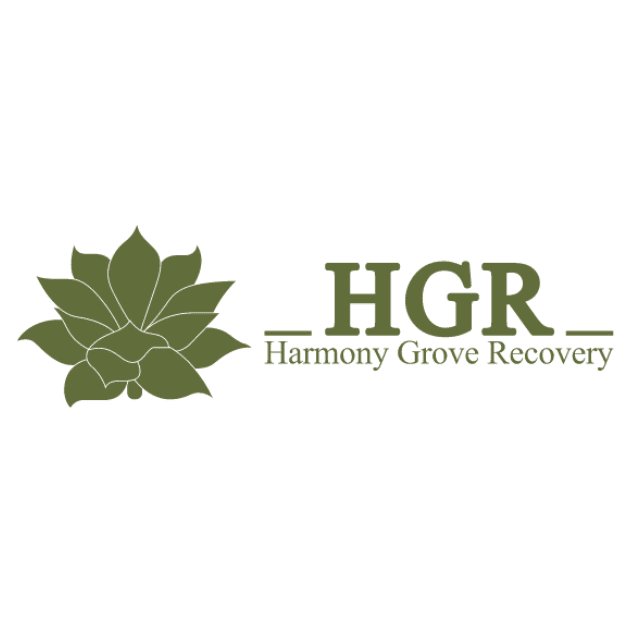How We Can Help You

EMDR Therapy in San Diego
What is the EMDR Therapy San Diego option? Eye Movement Desensitization and Reprocessing (EMDR) therapy is an extensively researched, effective psychotherapy method proven to help people recover from trauma and other distressing life experiences, including PTSD, anxiety, depression, and panic disorders.
The Difference Between EMDR and Other Therapies
EMDR does not consist of talking in detail about distressing issues but rather focuses on changing the emotions, thoughts, or behaviors resulting from the distressing issues. This allows the brain to utilize its natural healing process.
EMDR therapy is designed to resolve unprocessed traumatic memories in the brain. For many clients, EMDR therapy can be completed in fewer sessions than other psychotherapies. This makes EMDR a valuable therapy for alcohol and substance abuse treatment for clients with trauma can complete in few sessions.
HGR drug rehabs San Diego provides a variety of therapies including EMDR. EMDR is provided during individual therapy to assist individuals to process and overcome traumatic life experiences and promote overall health. This therapy is extremely beneficial for individuals in recovery to build a solid recovery foundation and promote long term sobriety.
Why is EMDR substance Abuse Rehabilitation therapy Used?
EMDR therapy for drug and alcohol addiction options are an ideal therapy for individuals working towards processing traumatic memories. This therapy can be completed in both short and long term treatment environments. Harmony Grove Recovery is a unique treatment facility who truly tailors treatment specific to the individual offering individual therapy of 1-2 hours per day up to six days a week. We understand most individuals have experienced unfortunate situations which are at times uncomfortable to speak about in a group setting which is why we value individual therapy specifically EMDR.
Unlike other therapies and treatments that focus on directly altering the thoughts, emotions, and responses resulting from the traumatic experiences, EMDR therapy focuses directly on the memory. It is intended to change the way the memory is stored in the brain, thus reducing and eliminating the problematic symptoms and allowing the individual to move forward in life and in their recovery.
What Happens during EMDR Therapy for Drug and Alcohol Addiction?
During EMDR therapy, the individual will be asked to focus on a specific event. Attention will be given to a negative image, belief, and body feeling related to this event. Then to a positive belief that would indicate the issue was resolved.
While the individual is focusing on the negative event, the therapist begins sets of side-to-side eye movements, sounds, or taps. The individual is guided to notice what thoughts come to mind after each set. The individual may experience shifts in sight or changes in images, feelings, or beliefs surrounding the event. The sets of eye movements, sounds, or taps are repeated until the event becomes less disturbing.
A typical EMDR theapy for substance abuse or drug and alcohol addiction session lasts between 60-90 minutes. Many individuals have found this therapy to be very beneficial in their recovery and overall health. Each individual is provided with an initial session to determine if this therapy is appropriate and at what frequency.
EMDR consists of 8 phases: initial history discovery and treatment planning, preparation, assessment, desensitization, installation, body scan, closure, and then re-evaluation.
What is EMDR Therapy for Drug and Alcohol Addiction Ideal For?
This EMDR therapy treatment is ideal for substance abuse treatment for it can be completed in a short amount of time or longer depending on the individuals treatment goals and length of desired stay. Complete treatment of the targets involves a three pronged protocol to alleviate the symptoms and address the complete clinical picture:
- Past memories
- Present disturbance
- Future actions
The ultimate goal of EMDR therapy is to process completely the experiences that are causing problems, and to include new experiences that are needed to move forward and live a healthy happy life.
Processing these negative experiences does not mean talking about them like other therapies but rather setting up a learned state that will allow experiences causing problems to be digested and stored appropriately in your brain. Meaning what is useful to you from an experience will be learned, and stored with appropriate emotions in your brain, allowing you positive guidance in the future. The negative beliefs, emotions, and body sensations will be discarded.
Best Alcohol Detox Centers San Diego
Send a Message
We can help you get a happy and healthy life back today. Talk to us today; every journey begins with the first step.
